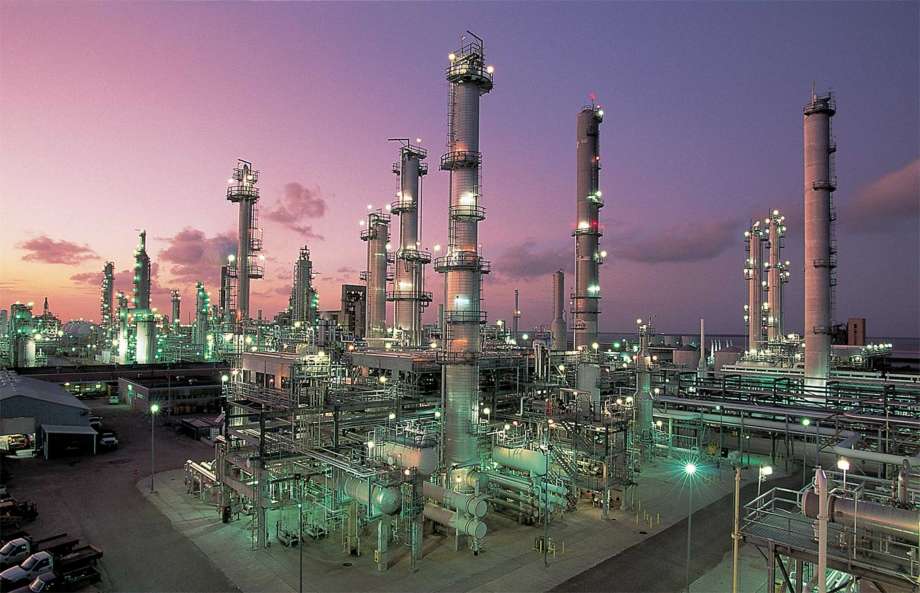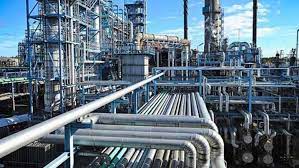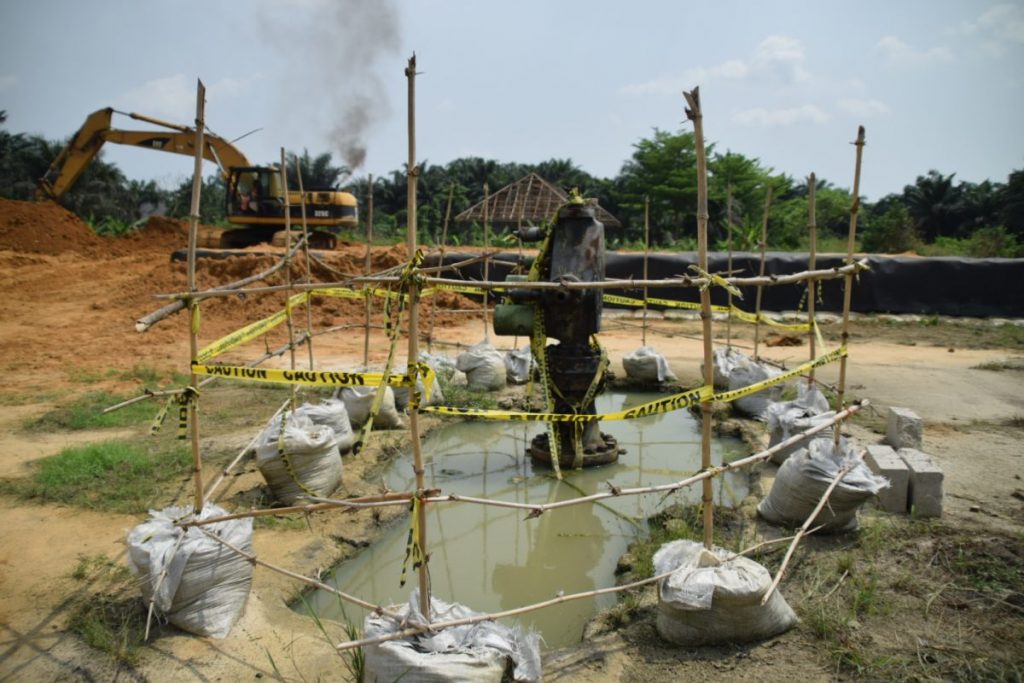 02 April 2013 – Clean-up efforts continued on Monday after a breached pipeline owned by ExxonMobil sent thousands of barrels of heavy Canadian crude gushing into lawns and residential streets in a town in Arkansas.
02 April 2013 – Clean-up efforts continued on Monday after a breached pipeline owned by ExxonMobil sent thousands of barrels of heavy Canadian crude gushing into lawns and residential streets in a town in Arkansas.
The oil spill, which began on Friday, came as the US government prepares to decide the fate of the contentious Keystone XL pipeline, which would send crude from Alberta’s oil sands to refineries on the Gulf Coast.
The ageing Pegasus pipeline, which can transport more than 90,000 barrels per day of crude from Illinois to Texas, was carrying Canadian Wabasca Heavy crude at the time of the leak, according to reports.
It ruptured near a housing development outside Mayflower, Arkansas, spilling unknown volumes of oil and water into nearby properties. One video posted online showed a thick, stinking black slick gurgling down one resident’s driveway.
Twenty-two homes have been evacuated. There have been no injuries reported, but at least two ducks have been found dead. Another 10 oiled ducks were recovered and are receiving treatment.
ExxonMobil has not given an exact estimate of how much oil leaked, but said in an update on Monday that it had recovered about 12,000 barrels of “water and oil”.
“A few thousand barrels of oil were observed in the area,” it said in a statement. “A response for 10,000 barrels has been undertaken to ensure adequate resources are in place.”
The US Environmental Protection Agency has deemed the incident a “major spill”, meaning that more than 250 barrels leaked.
More than 100 ExxonMobil workers deployed 15 vacuum trucks and 33 storage tanks to the site to clean up and temporarily store the oil. Crews were steam-cleaning and pressure-washing oil from property on Monday, the company said.
Nearby Lake Conway was not impacted and a boom containment system has been laid out to keep it that way, the company said.
The 20-inch pipeline remained shut, with no indication when it might restart.
Environmentalists were quick to tie the latest pipeline spill to concerns over safety cited by those opposed to the TransCanada’s proposed Keystone XL line.
“We’d be wise to think about this as one more sad warning, like the spills in Kalamazoo and the Yellowstone River,” said 360.org founder Bill McKibben, an outspoken critic of the Keystone project. “What the people of Arkansas are enduring today is a reminder of why approving KXL — a pipeline 10 times as large and running across the Oglalla Aquifer — defines a bad idea.”
ExxonMobil had not yet excavated the area around the Pegasus breach on Monday, a key step in assessing damage and determining how the leak began. An investigation in under way, the company said.
The supermajor was fined more than $26,000 in 2010 for not inspecting a section of the Pegasus line frequently enough, Reuters reported. The portion of the line that ruptured on Friday was installed in the late 1940s, the news wire said.
*Luke Johnson, Upstreamonline



